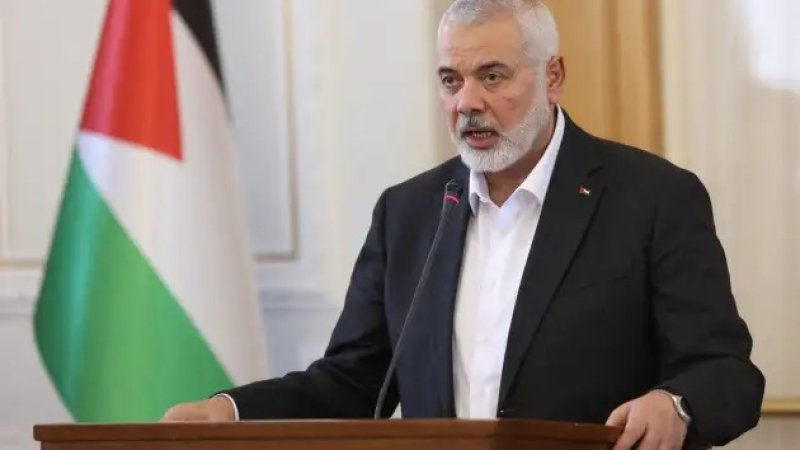
Middle East on Edge After Assassination of Hamas Leader Ismail Haniyeh
The attack, which occurred early Wednesday morning, has raised fears of further destabilization in the Middle East.
Haniyeh was reportedly struck by a rocket while staying in a residence for veterans in Tehran, where he was attending the inauguration of Iranian President Masoud Pezeshkian. Hamas has accused Israel of the assassination, but Israel has not yet commented on the allegations. The Iranian state media reported that the attack involved an "airborne guided projectile," which also killed Haniyeh’s bodyguard. An investigation is underway to determine the origin of the projectile.
The assassination is expected to complicate ongoing hostage and ceasefire negotiations. Haniyeh, who was a key figure in talks with international mediators, had recently been involved in discussions with Qatar and Egypt. The potential for a broader regional conflict is also a concern, as this strike could provoke retaliatory actions.
Haniyeh, 62, was a prominent leader within Hamas, joining the group during the First Intifada and rising through its ranks to become its political chief in 2017. Despite being designated a "specially designated global terrorist" by the US, Haniyeh played a crucial role in international negotiations and was instrumental in efforts to broker peace.
The international community has reacted with concern. Palestinian leaders, despite their own rivalries with Hamas, have condemned the assassination and called for Palestinian unity. The White House has acknowledged the reports but has not provided further comment. US Defense Secretary Lloyd Austin has stated that while he does not view a full-scale war as inevitable, the US is prepared to defend Israel if necessary.
Leaders from Russia and Turkey have criticized the assassination, warning of potential wider conflicts. Meanwhile, other Iran-backed groups, including Hezbollah and the Houthis, have expressed support for Hamas and condemned the attack.


